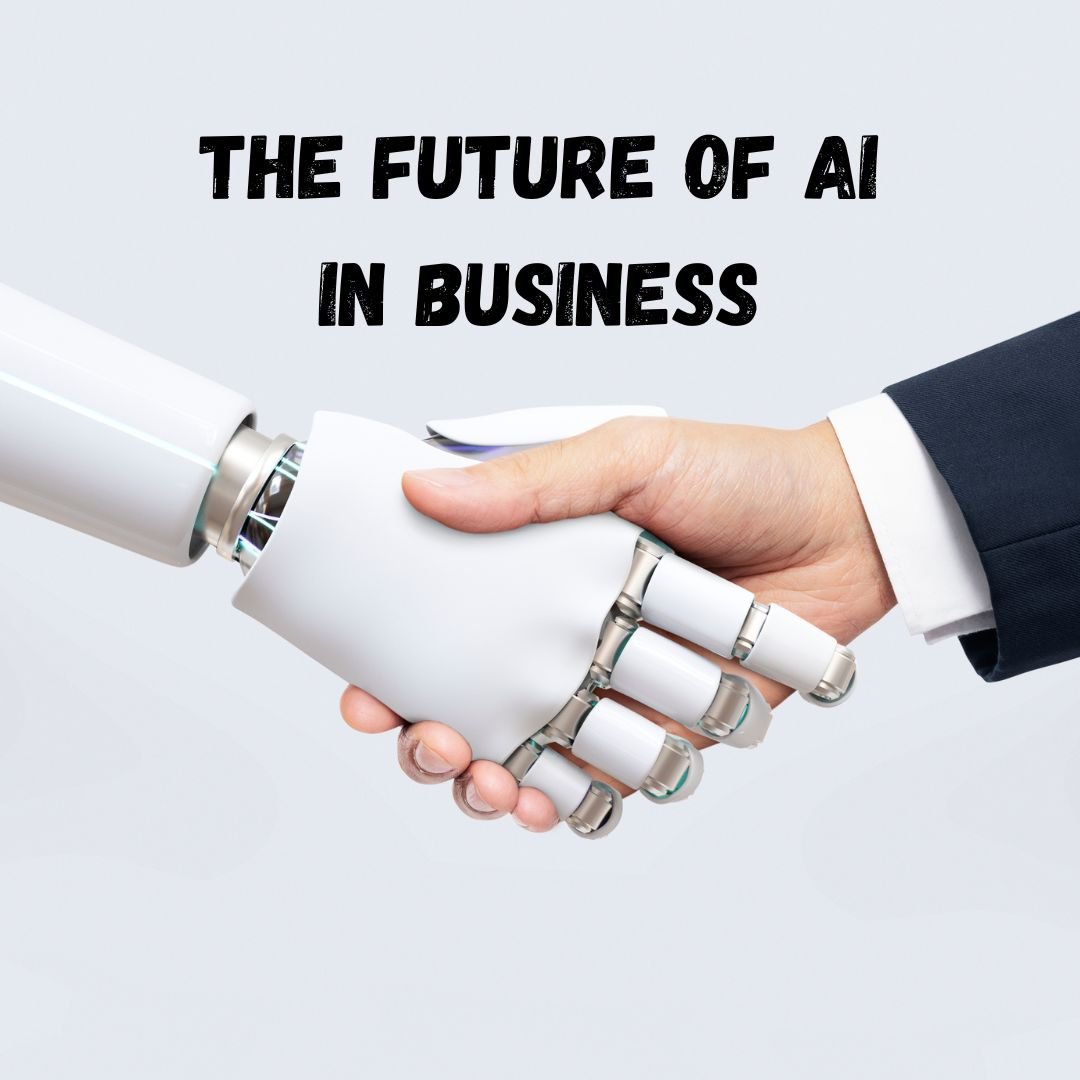The rapid rise of Artificial Intelligence (AI) is reshaping industries across the globe, and the future of AI in business is more promising than ever before. With advancements in AI technology, companies are embracing innovative solutions that drive productivity, enhance customer experiences, and reduce operational costs. However, the integration of AI in business also comes with its own set of challenges. In this article, we explore both the opportunities and the obstacles businesses face as they harness the potential of AI.
Understanding AI in Business
AI in business refers to the application of AI technologies to automate tasks, improve decision-making, and optimize various business processes. This includes machine learning, natural language processing, data analytics, and automation systems, which enable businesses to analyze massive amounts of data and make more informed decisions. As companies adopt these technologies, they are opening doors to a future where AI will play a pivotal role in transforming how businesses operate.
The future of AI in business promises a world where AI systems can enhance everything from customer service to supply chain management. By automating repetitive tasks, companies can free up resources and allow employees to focus on more strategic initiatives. With these advancements, AI technology in the future is set to redefine industries, offering more precision, efficiency, and customization.
Opportunities for Businesses in the Future of AI
Improved Decision-Making with Data-Driven Insights
One of the greatest advantages of AI in business is its ability to analyze vast amounts of data quickly and accurately. This allows businesses to make more informed decisions based on real-time insights. The future of artificial intelligence will enable companies to predict customer behavior, market trends, and operational inefficiencies with a level of accuracy that was previously unimaginable.
AI-powered analytics tools can sift through data from various sources such as customer feedback, social media, and sales trends. By doing so, businesses can better understand their customers’ needs and adapt their products or services accordingly. This ability to make data-driven decisions will give companies a competitive edge in an increasingly crowded marketplace.
Automation of Repetitive Tasks
AI technology is excellent for automating repetitive and time-consuming tasks. In the future, businesses will increasingly rely on AI to handle mundane activities such as scheduling, data entry, and processing transactions. This allows employees to focus on more creative and value-adding tasks, ultimately leading to greater productivity.
Automation also reduces human error, improves accuracy, and speeds up workflow. As AI continues to evolve, businesses can look forward to even more sophisticated automation, streamlining operations across every department—from marketing to finance.
Enhanced Customer Experiences
Customer experience is critical to business success, and AI is poised to revolutionize how companies interact with their customers. AI-powered chatbots, virtual assistants, and recommendation systems are already transforming customer service by providing personalized and immediate assistance. In the future of AI, these systems will become even more intelligent, offering more tailored solutions that anticipate customer needs.
For example, AI can analyze past customer interactions to predict future preferences, allowing businesses to offer personalized product recommendations or even predict when a customer might need support. This level of customization will improve customer satisfaction and foster loyalty.
Optimized Supply Chain Management
AI’s ability to analyze data in real-time makes it an invaluable tool for supply chain management. By utilizing predictive analytics, businesses can optimize their inventory, anticipate demand fluctuations, and reduce waste. In the future of AI, the technology will be able to automatically adjust supply chain operations based on real-time data, making supply chains more agile and efficient.
The integration of AI into supply chains will also help businesses improve their forecasting accuracy, reduce costs, and avoid stockouts, ultimately enhancing overall operational efficiency.

Challenges in the Future of AI in Business
While the opportunities are vast, there are several challenges businesses must overcome to successfully integrate AI technology in the future.
Data Privacy and Security Concerns
As businesses rely more on AI to handle sensitive customer and business data, privacy and security concerns become paramount. The more data AI systems collect, the greater the risk of data breaches and misuse. Businesses must invest in robust cybersecurity measures to protect this data and comply with regulations such as the General Data Protection Regulation (GDPR).
Ensuring data privacy and security will be critical to maintaining consumer trust and protecting sensitive business information.
Job Displacement and Skill Gaps
One of the primary concerns about AI in business is its potential to displace jobs. Automation, while beneficial for efficiency, may replace jobs that involve repetitive tasks. While AI is likely to create new job opportunities in the long term, businesses must address the immediate concern of skill gaps within their workforce.
Employees will need to upskill or reskill to work alongside AI systems. Investing in workforce training and development will be essential for companies to ensure that employees can adapt to the evolving job market.
Ethical Considerations
As AI systems become more autonomous, businesses will need to consider the ethical implications of AI decisions. For example, there are concerns about AI systems making biased decisions, especially in hiring or lending practices. Companies must implement safeguards to ensure that their AI systems are transparent, fair, and unbiased.
Ensuring ethical AI practices will be crucial in maintaining public trust and avoiding potential legal and reputational issues.
Conclusion: The Future of AI in Business
The future of artificial intelligence holds immense potential for businesses. AI in business will continue to evolve, offering new opportunities for enhanced decision-making, automation, and customer experience. However, businesses must be prepared to face the challenges associated with the integration of AI, including privacy concerns, job displacement, and ethical considerations.
As AI technology in the future becomes more advanced, businesses that embrace it strategically will gain a competitive advantage, driving innovation and achieving greater operational efficiency. By investing in AI responsibly and addressing its challenges, companies can navigate the future of AI in business and unlock its full potential for growth and success.

